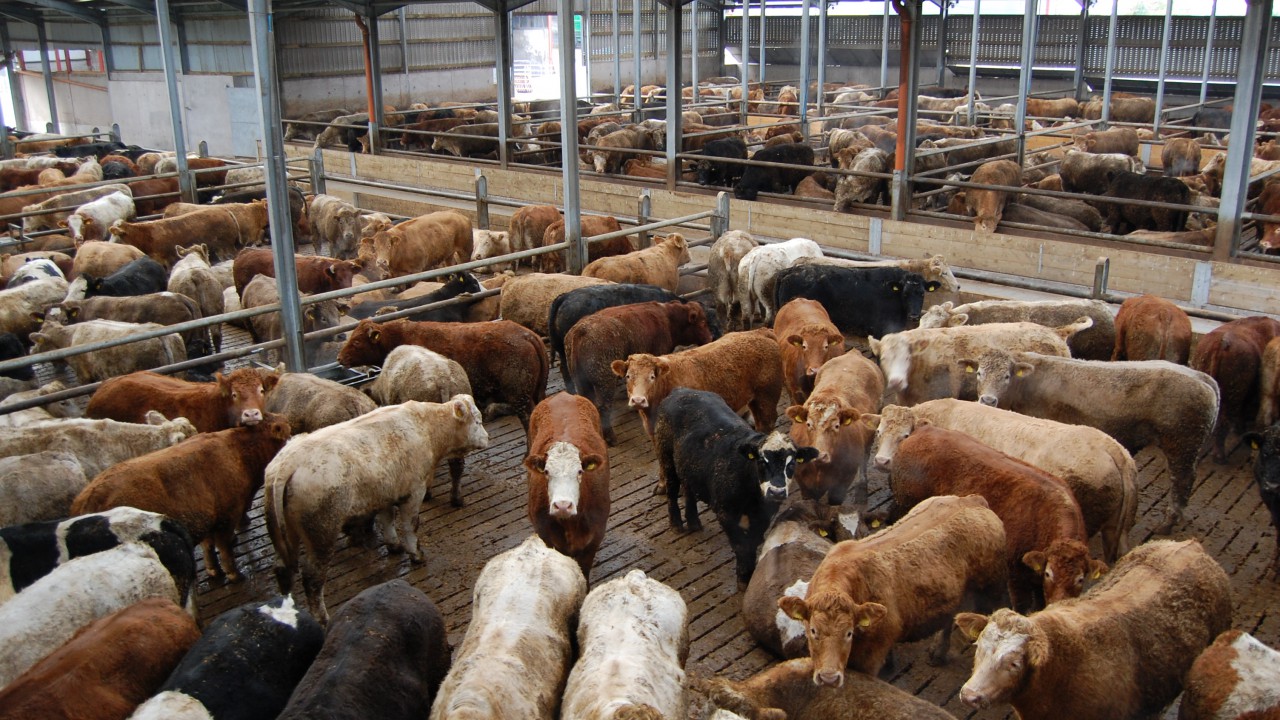A formal ammonia plan for tackling Northern Ireland’s spiralling emissions is expected to be completed before the end of the year – but legislative changes will need to be approved by a Minister of Agriculture.
It follows an alarming report compiled by an expert working group which revealed the region’s ruminant sector was largely behind emissions.
It also stated that Northern Ireland was responsible for 12% of total UK ammonia emissions – despite having just 3% of the UK’s population and 6% of UK’s land area.
A new board
A department spokesman said the DAERA Project Board on Ammonia has been established and will meet again later this month.
Membership of the board includes representatives of the Environment, Marine and Fisheries Group; the Food and Farming Group; NIEA; CAFRE and AFBI.
The group will advise on whether many of the measures should be implemented and also examine the budgetary implications of responding to the expert working group’s report.
The spokesman said: “The project board will be considering the recommendations of the expert working group as it develops a DAERA Action Plan on Ammonia. This action plan is expected to be completed during 2018.”
But as for implementing the action plan, only changes which do not require legislative changes can be made without a Minister of Agriculture in place.
Splash-plate ban
Civil servants can make decisions on whether to implement policy changes but decisions which require legislation changes will require a minister.
It could potentially mean that the recommendation to prohibit the sale of certain types of slurry-spreading equipment in just two years is held back.
However, with a ban on splash-plate spreading recommended by 2025, and bans already in place in several other European countries, legislation may not be necessary to stop farmers buying the equipment.
The Stormont problem
DAERA’s spokesman added: “The DAERA Project Board on Ammonia intends to develop a response to the recommendations.
It is not possible at this stage to predict whether any of the potential actions within that action plan will require ministerial approval.
“However, it is likely that many of the recommendations can be addressed through existing DAERA programmes such as the department’s advisory programme, Evidence and Innovation Strategy and the Rural Development Programme.
“Any proposed actions which would require new legislation or regulations would be subject to ministerial approval.”

